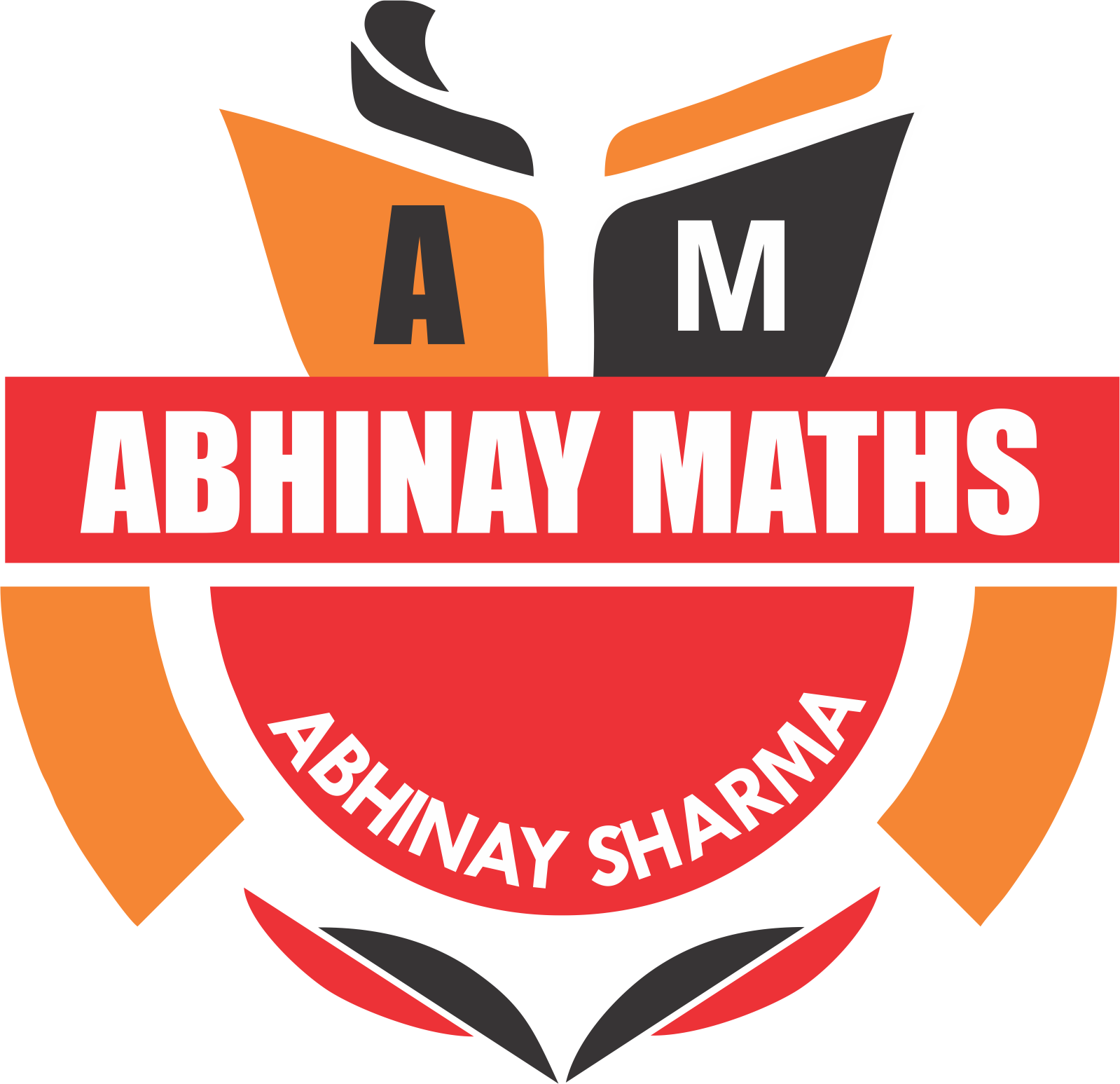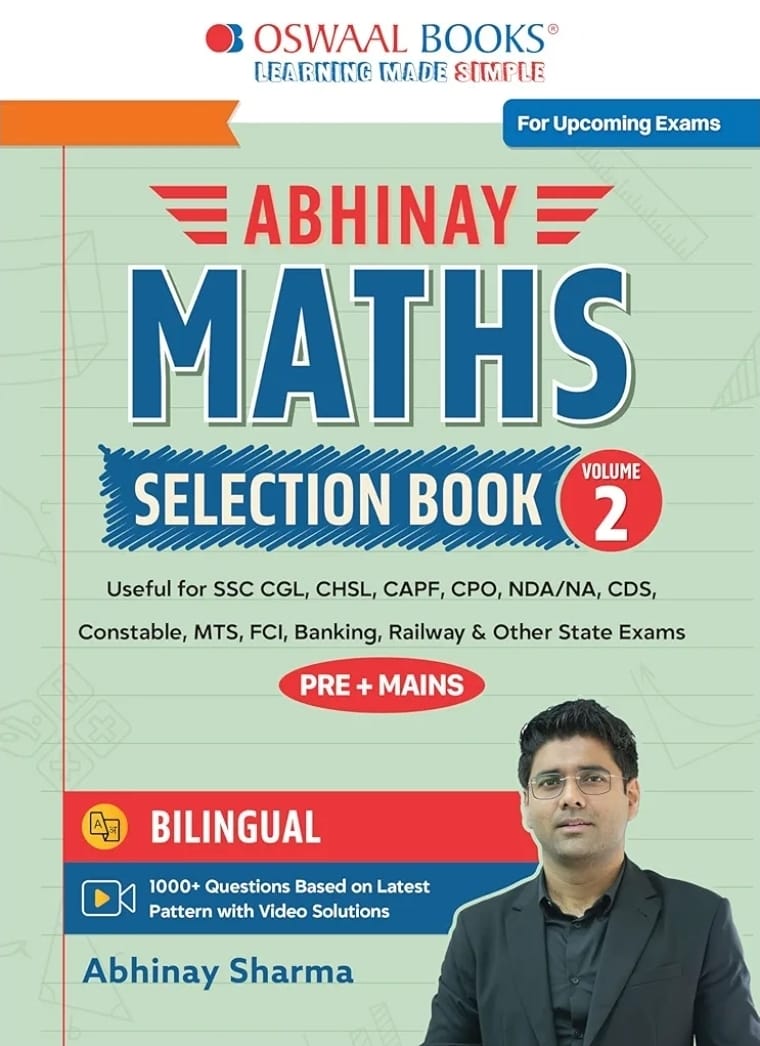Active Recall vs Passive Revision – Best Study Technique for SSC Aspirants
Active Recall vs Passive Revision – What Works Best for SSC Aspirants?
If you’re preparing for the SSC CGL, CHSL, or any other competitive exam, chances are you’ve spent hours reading from books, underlining notes, and watching videos. But despite all this effort, you may still forget what you studied just a few days ago. Why does this happen? The answer lies in how you study, not just what you study.
Let’s discuss Active Recall vs Passive Revision, and which method works better for SSC aspirants.
What is Passive Revision?
Passive revision is what most students are used to:
-
Reading the same book or notes multiple times
-
Highlighting important points
-
Watching the same YouTube video again
-
Listening to a lecture while doing something else
It feels comfortable. You feel like you’re studying because you’re “doing something.” But the truth is—passive revision creates an illusion of knowledge. You recognize the content, but you may not be able to recall it when needed—especially under pressure during the exam.
What is Active Recall?
Active recall is a study technique where you actively try to remember information without looking at your notes.
Here’s how it works:
-
After reading a topic, close the book and try to write down everything you remember.
-
Use flashcards or apps like Anki to test yourself.
-
Ask yourself: “What is the formula for profit-loss?” or “Why did the revolt of 1857 fail?”
-
Solve previous year questions without looking at solutions first.
This process feels harder, but that’s why it works. The brain gets stronger when it struggles to retrieve information. You’re not just familiar with the content—you own it.
Why Active Recall is a Game-Changer for SSC Aspirants
-
More Retention, Less Time Wasted
SSC syllabus is vast. You don’t have time to read the same book 5 times. With active recall, you revise smarter. One active recall session = 3 passive revisions. -
Better Exam Performance
SSC exams are MCQ-based. The ability to recall quickly and confidently is key. Active recall builds that skill. -
Boosts Confidence
When you test yourself and get answers right, your confidence builds up. You feel prepared—because you are. -
Prepares You for Surprises
In exams, questions are twisted. Passive learners panic. Active learners know the core concept and can handle new question formats.
How to Implement Active Recall in Your SSC Preparation
✅ Topic-wise Q&A: After completing any topic (e.g., Time & Work, Polity, Geography), ask yourself 10 questions. Try to write answers without peeking.
✅ PYQs First, Theory Later: Reverse the process. Start with the previous year's questions. See what you remember. Then go back to the book for weak areas.
✅ Teach Someone: Explain a concept to a friend, sibling, or even yourself. If you can’t explain it, you haven’t truly learned it.
✅ Make Mistake Logs: Write down every question you got wrong and review it weekly. This keeps your brain alert.
✅ Use Flashcards: Especially for GK, Science, and Formulas. Review them every day for 5-10 minutes.
Real Talk – Why Students Avoid Active Recall
Because it's not comfortable. It forces you to think. It exposes your weaknesses. But that’s exactly what makes it powerful.
Passive revision is like watching gym videos and expecting six-pack abs. Active recall is like actually doing the workout.
Final Verdict – What’s Best?
For SSC aspirants who are serious about cracking the exam, Active Recall is the clear winner. Passive revision can supplement your preparation, but it should never be your primary method.
Don’t just spend hours studying—make those hours count.
Start Today – Challenge Yourself
? Pick one subject.
? Revise it actively using any of the methods above.
? Track how much better you remember it after just 24 hours.
At Abhinay Maths, we don’t just teach; we train your brain to perform in real exams. Start using Active Recall with our live classes, tests, and practice sessions—and feel the difference for yourself.
Your time is limited. Your memory doesn’t have to be. Study smart. Study actively.


.png)



